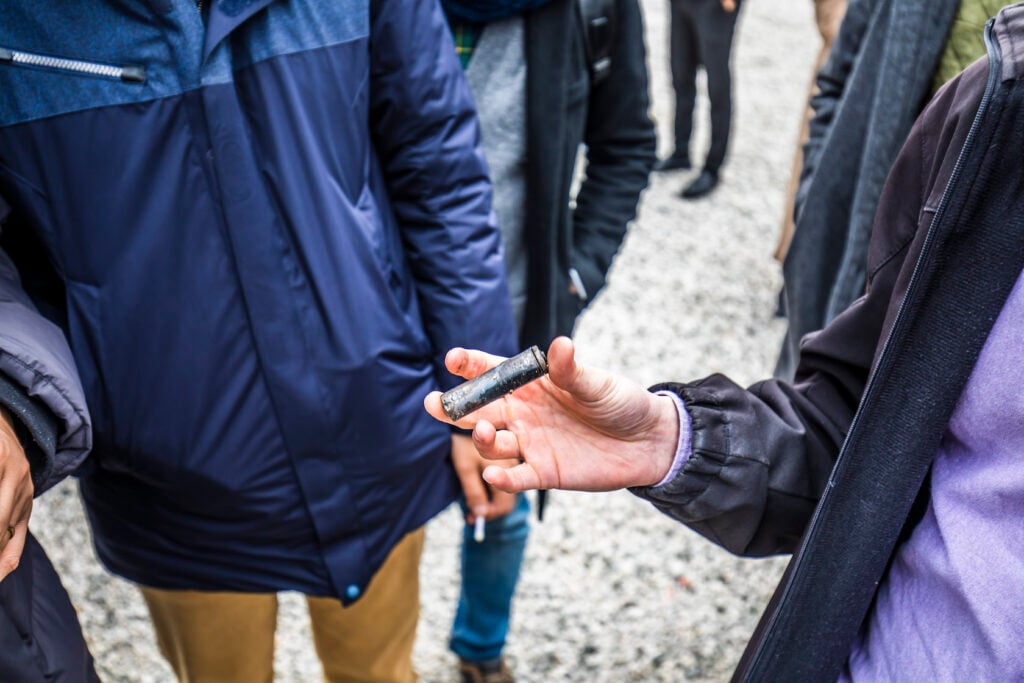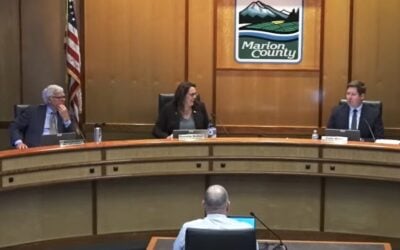
Aspen Aerogels has raised US$150 million in financing from a Koch family investment firm to help grow its aerogel thermal barrier technology division, including new products which prevent thermal runaway in batteries.
Koch Strategic Platforms (KSP) has agreed to buy convertible notes in Aspen worth US$100 million maturing in 2027 and shares in the firm worth US$50 million by the end of Q1 this year/early Q2, the companies announced 17 February.
Enjoy 12 months of exclusive analysis
- Regular insight and analysis of the industry’s biggest developments
- In-depth interviews with the industry’s leading figures
- Annual digital subscription to the PV Tech Power journal
- Discounts on Solar Media’s portfolio of events, in-person and virtual
It comes eight months after a separate US$75 million investment by KSP in Aspen and will help the company pursue ‘aerogel thermal barrier growth opportunities’, the announcement said.
Aspen Aerogels is a stock-listed manufacturing company specialising in aerogels, which are synthetic gel-derived materials for insulation and cooling that have a variety of applications.
The material is made by replacing the liquid component of a gel with air, resulting in a low density, low thermal conductivity material that feels like polystyrene. It is much more efficient than regular insulation but high prices have limited it to a few niche industries.
To-date it has mainly sold to the energy infrastructure sector, primarily fossil fuels, and building materials markets but has been developing thermal barrier aerogels to tackle thermal runaway in lithium-ion batteries.
But this new segment did not materially contribute to revenues last year which totalled US$121 million, as per its 2021 annual results. All revenue was attributed to ‘energy infrastructure’ yet the company aims for a whopping 75% of revenues in 2025 to be from thermal barrier technology.
Shortly before issuing its press release regarding the investment from KSP, the company said it will construct an advanced manufacturing facility in Bulloch County, Georgia, US, tripling its aerogel production capacity.
Aspen intends to invest at least US$325 million in building the plant, adding to an existing facility in Rhode Island. The 500,000 square foot site, on 90 acres of land in Bulloch County’s Southern Gateway Commerce Park, is expected to open up late next year. Georgia is set to become a key hub for the US electric vehicle (EV) battery sector, with battery maker SK Innovation building two gigafactories in the state and a recent announcement that the US’ largest battery recycling plant is being built there by Ascend Elements (previously known as Battery Resourcers).
Solution tweaked for cell-to-cell applications
Aspen’s CEO Donald R. Young indicated the money raised from KSP will go towards growing and expanding the thermal barrier division.
“Aspen’s strategy is to leverage our aerogel technology platform into high-value, high-growth markets, driven by our ‘PyroThin’ thermal barriers which address thermal runaway in electric vehicles and by our energy infrastructure products which promote resource efficiency, asset resiliency and safety in traditional and emerging energy settings,” he said.
“KSP’s additional investment will support our growth and allow us to address additional high-value applications in ESG driven markets, including battery materials, hydrogen energy, carbon capture, and filtration, among others, further solidifying our position as a technology leader in sustainability.”
It claimed “US$1 billion of potential revenue from current customers” for electric vehicle (EV) thermal barriers alone, although as mentioned before it posted very little revenue from this last year.
The company says on its website that PyroThin is ‘optimised for helping to mitigate thermal runaway in EV and energy storage systems (ESS).’ It has tweaked its solution for cell-to-cell barrier applications and those for modules and battery packs.
It claims the market opportunity from 2021-2030 for its products in the EV thermal barriers space is US$30 billion, US$37 billion for ‘EV Battery Materials’ and US$31 billion for ‘Energy Infrastructure’.
KSP’s parent company Koch Industries is known for its background in fossil fuels industries and has been accused by groups including Greenpeace of funding climate change-sceptic propaganda. More recently, it and its many group companies have diversified to be involved in a large number of different industry areas today, from chemicals and biofuels to polymers and fibres, software and data analytics and many others.
This has extended to recent investments in energy storage and battery companies through KSP. Energy-Storage.news reported in July last year that KSP was investing US$100 million into zinc battery storage company Eos, another US$100 million into recycling specialist Li-Cycle was committed to in September and in October KSP entered a joint venture (JV) with Norwegian startup FREYR Battery to potentially construct 50GWh of annual battery cell production capacity in the US.






